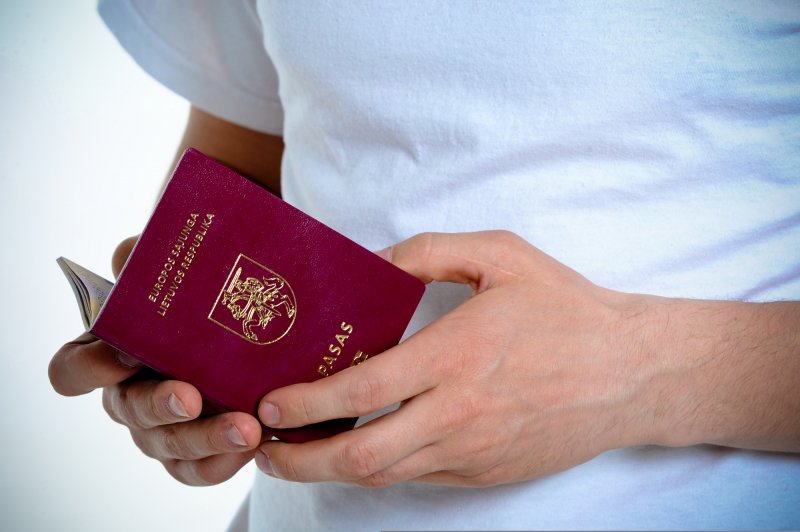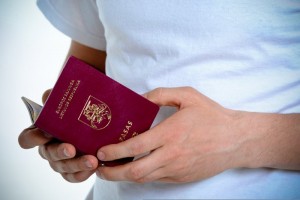- 2016/10/20
The fight for original spelling of names and surnames does not stop – how much additional judgments shall be passed until the adoption of appropriate law?

 European Foundation of Human Rights’ already in July 2016 noticed that there were won eight cases related to entry of the letters ‘w’ and ‘x’ into the documents issued for the citizens of the Republic of Lithuania. This time, two other courts passed particularly significant judgements in the fight for protection of the right of respect for private life and free movement of persons.
European Foundation of Human Rights’ already in July 2016 noticed that there were won eight cases related to entry of the letters ‘w’ and ‘x’ into the documents issued for the citizens of the Republic of Lithuania. This time, two other courts passed particularly significant judgements in the fight for protection of the right of respect for private life and free movement of persons.
On 12 October 2016, the The District Court of Varėna Region passed the judgement in the case of ‘Bobrowski’ obliging the Civil Registry Office of Varena Region to entry the surname of the citizen of Lithuania who got married with the citizen of Germany with the letter ‘w’ into her Marriage Certificate. The Court considered the explanations of the Court of Justice of the European Union that the diverse spelling of the same surname of spouses may cause serious inconveniences both in professional and private life. If such situation results the contesting of correctness of the data contained in personal identity documents and the doubts related to family identity and relations between it’s members, there may appear serious consequences. The Court assessed that the prohibition to spell the surname with ‘w’ is in-proportional to inconveniences sustained by the applicant in the result of failure to issue the Marriage Certificate with the assumed husband’s surname with the letter ‘w’. The prohibition to entry the assumed husband’s surname with ‘w’ into the registry shall create presumptions for infringing the principle of respect for private and family life and the right to a name and surname.
Meanwhile, on 17 October 2016, the Vilnius Regional Administrative Court passed the judgement in the case of Jacquet and obliged to issue a new passport with the letter ‘q’ to the child. The child of the citizen of Lithuania and the citizen of France have been already living in Lithuania for ten years and is both the citizen of Lithuania and France. The minor was issued the Lithuanian Birth Certificate and passport with the correct spelling of his name, i.e. the letter ‘q’. However, after the expiry of the passport, the Migration Department refused to issue a new passport. While the passing the judgement, the Court followed the jurisprudence of the Court of Justice of the European Union providing that if such surnames have been already entered into the Register of Residents and no negative impact on preservation of the cultural and linguistic identities was determined, there is no ground for failure to entry such surname into the registry. The omission may be acknowledged as the infringement of the human rights.
The Assistance of the Attorney-at-law Evelina Baliko representing the applicants in the Court states that the Court receives new claims filed by the persons fighting for the original spelling of surname each week. More and more citizens of Lithuania who got married with foreigners meet the problem concerning the spelling of their surname. Certain situations are not only absurd but also arousing the concern – e.g. a child born in Switzerland with the name ‘x’ can not leave abroad because Lithuania refuses to make it’s birth record in the registry and to issue the Lithuanian passport unless it’s name is entered into the registry without the letter ‘x’ (by replacing with ‘ks’).
The Seimas has registered a few draft laws concerning the original spelling of names and surnames. While the members of the Seimas delays making the decision and considering the court judgement, the persons met such problem are forced to fight in courts.
The EFHR organises the conference ‘The Rights and Expectations of National Minorities in the Context of Lithuanian and International Law’ which shall take place on 28 October 2016 presenting also the won cases regarding the spelling of names and surnames, as well as the discussed existing myths – who really meets the problems with regard to the spelling of names and surnames – national minorities or Lithuanians?
EFHR



